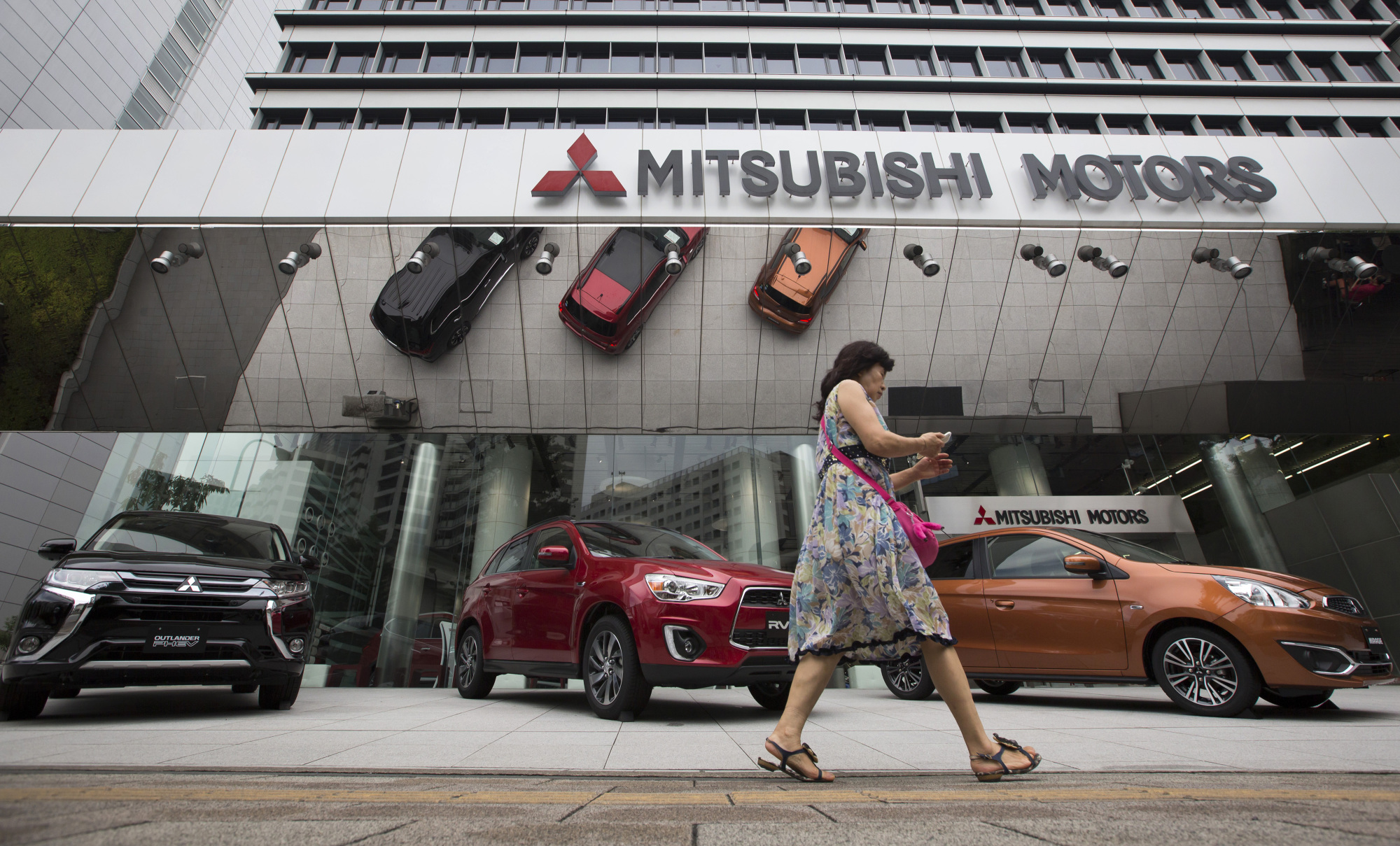Following cases of false reporting by domestic automakers, the government Friday signed off on a bill to toughen the punishment for fuel-data falsification by automakers, including a drastic increase in fines.
The bill, which the government hopes to see passed during the ongoing Diet session, seeks to impose fines of up to ¥200 million, up from the current ¥300,000, on automakers found engaging in the illegal practice. Corporate managers and others found guilty may be imprisoned for up to a year.
After Mitsubishi Motors Corp. and Suzuki Motor Corp. were found to have engaged in false reporting last year, the transport ministry in September introduced new penalties for automakers that manipulate fuel-economy data. The penalties included suspending production and imposing a fine of up to ¥300,000 on automakers and individuals, but there were calls to make them even tougher.
"We want to eradicate fraudulent activities and ensure public confidence in car efficiency," transport minister Keiichi Ishii said at a news conference after the Cabinet adopted the bill for submission to the Diet.
The bill, which seeks to revise the Road Transport Vehicle Law, also includes a provision allowing the government to withdraw approval for a vehicle produced by an automaker that intentionally manipulates data to make the model look more efficient.
The withdrawal will require the automaker to undergo tests again.
The maximum fine for individuals will also be raised to ¥3 million from the current ¥300,000.
Mitsubishi has admitted that all of its models sold over the past 10 years are affected by the fuel data falsifications. The company also used improper data in re-testing.
Suzuki used testing methods that did not comply with Japanese regulations from around 2010.




